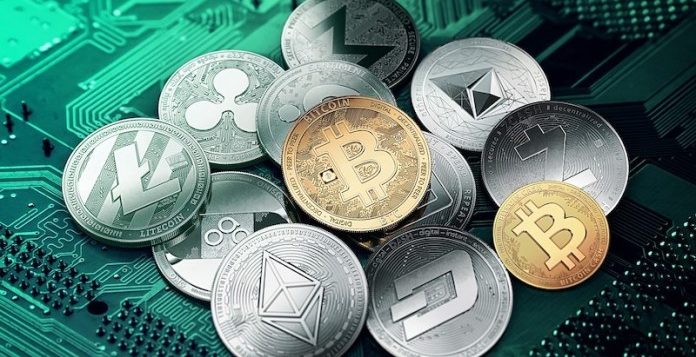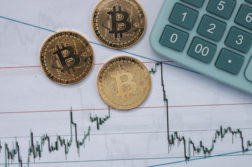Monetary Authority of Singapore is seeking feedback on a proposal to allow payment token derivatives, such as Bitcoin and Ether, to be traded on local exchanges and for such activities to be regulated.
Singapore is exploring plans to allow payment token derivatives, such as Bitcoin and Ether, to be traded on local exchanges and for such activities to be regulated. The move aims to address international investor interest in cryptocurrencies.
These institutional investors, such as hedge funds and asset managers, needed a regulated environment to gain and hedge their exposure to payment tokens, said the Monetary Authority of Singapore (MAS) in a statement Thursday. The industry regulator released a consultation paper outlining its proposed regulatory framework under the country’s Securities and Futures Act.
Noting that there were three key variations of digital tokens–securities, payment, and utility–it noted that derivatives that referenced securities tokens already were regulated under the current act. Its consultation paper outlined the regulatory environment for payment tokens as underlying assets, and did not encompass utility tokens, MAS explained.
The proposed regulations would apply to approved exchanges in Singapore, of which there were four including Asia Pacific Exchange, ICE Futures Singapore, and Singapore Exchange Derivatives Trading.
MAS cautioned that payment tokens and their derivatives were not suitable for most retail investors as these tokens typically offered little or no intrinsic value, were difficult to value, and were subjected to high price volatility. It advised retail investors to “exercise extreme caution” when trading in payment tokens and their derivatives.
The regulator said: “While advancements in digital cryptography and distributed ledger technology have the potential to improve access to services, generate cost efficiencies, and spur competition between new and conventional business models, the specific use cases for digital tokens have, thus far, remained embryonic. Meanwhile, their transformative possibilities may produce new sources of risks, requiring participants and regulators to think of new ways to mitigate these risks, and retain the trust and stability in the financial sector.”
It noted that the trading of popular digital tokens such as Bitcoin and Ether had largely been on unregulated markets, which had been fraught with allegations of fictitious trades and market manipulation. This had spurred interest amongst international institutional investors for an alternative, regulated environment in which some of these risks could be mitigated, MAS said, adding that Bitcoin futures, for instance, currently were listed an traded on the US futures exchanges.
The Singapore regulator last year had warned eight cryptocurrency exchanges against engaging in unauthorised trading, specifically, those involving securities or futures contracts. It also had repeatedly cautioned the public about the risks of cryptocurrencies and to understand the environment before investing in digital tokens, stressing that these were not recognised as legal tender and functioned in an unregulated environment.
Eight unnamed digital token exchanges have been told not to facilitate trading that involved securities or futures contracts without authorisation from the local regulator MAS, which also stopped an ICO.
Move to issue up to five new digital bank licenses will add market diversity and boost the local banking system in Singapore’s bid to become a digital economy, says industry regulator, which will begin reviewing applicants in August
Social media giant has reportedly informed US government officials that the Singapore dollar, Japanese yen, and euro are amongst an initial bundle of global currencies that likely will be included in a reserve fund backing its cryptocurrency.
Social media giant has reportedly informed US government officials that the Singapore dollar, Japanese yen, and euro are amongst an initial bundle of global currencies that likely will be included in a reserve fund backing its cryptocurrency.
Slated to be available in July, the exchange will offer at least 30 cryptocurrencies globally–excluding Japan and the US–and support 15 languages. including Korean and English.
Read mpore at: https://www.zdnet.com/article/singapore-moots-regulated-trading-in-cryptocurrencies/







